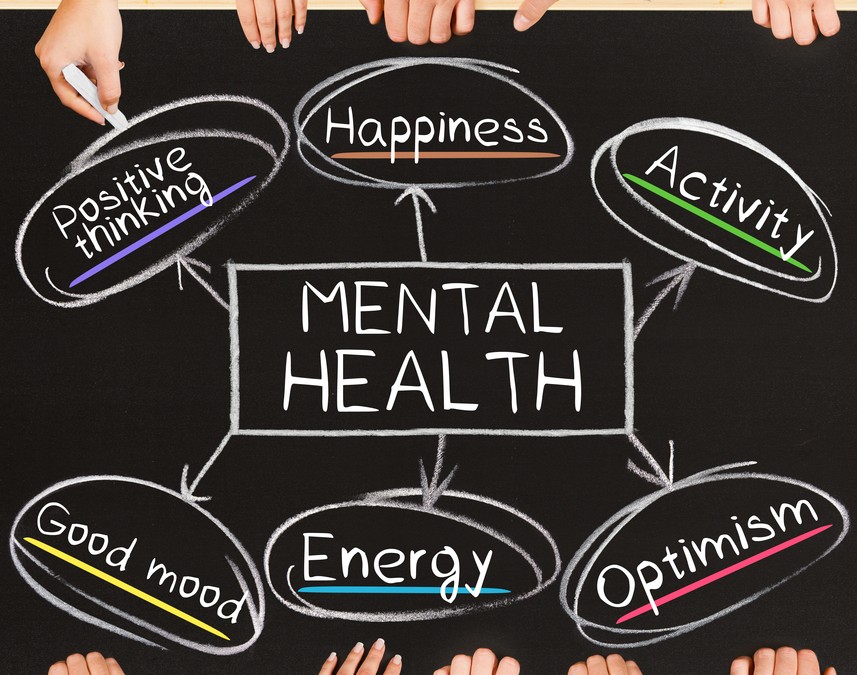We work with a lot of people that suffer from disorders relating to neurotransmitter imbalances, including depression, anxiety, ADD/ADHD, OCD, trichotillomania, migraines, insomnia, additions, cravings, obesity and fibromyalgia. Most of the time, we find that the gut plays a role in their overall health in one way or another. However, I just came across an interesting article that may provide additional insight into the causes of neurotransmitter imbalance and the how probiotics may be useful in correcting the problem.
Probiotics and mental health
Probiotics are the “good” bacteria that normally reside in a health gastrointestinal (GI) tract. Different formulations are available in many health food stores containing one or more strains of different bacteria. Recently, Professor Mark Lyte and associates at Texas Tech University Health Sciences Center have come up with a radical new concept: that you may be able to affect your neurotransmitter levels – and therefore your psychological health – by taking and establishing the right blend of probiotics.
What these researches found was that several neurotransmitters (normally produced in the brain) are also produced by various probiotic strains in the gut. For instance, they found that bacillus and serratia strains of bacteria produce dopamine; streptococcus, Escherichia and Enterococcus strains produce serotonin; Escherichia, Bacillus and Saccharomyces produce norepinephrine; and Lactobacillus and Bifidobacterium strains produce GABA.
The Second Brain
This has potentially startling implications. First, it provides another pathway to help explain why a person’s neurotransmitter levels become imbalanced in the first place. If the microbial environment of the gut is abnormal from birth, let’s say, this research suggests that over time, neurotransmitter imbalances could result. In addition, many people experience an exacerbation of symptoms or entirely new symptoms after being treated with antibiotics; this research could help explain this as any shift in the microbial environment in the gut could lead to alternations in neurotransmitter levels.
In addition, it provides other possible avenues to correct those underlying imbalances. This research suggests that altering the bacteria in the gut could dramatically affect a person’s overall neurotransmitter balance.
More research needs to be done, but if this hypothesis is confirmed, probiotics could prove to be a valuable adjunctive therapy to help those who suffer from disorders relating to neurotransmitter imbalance.


